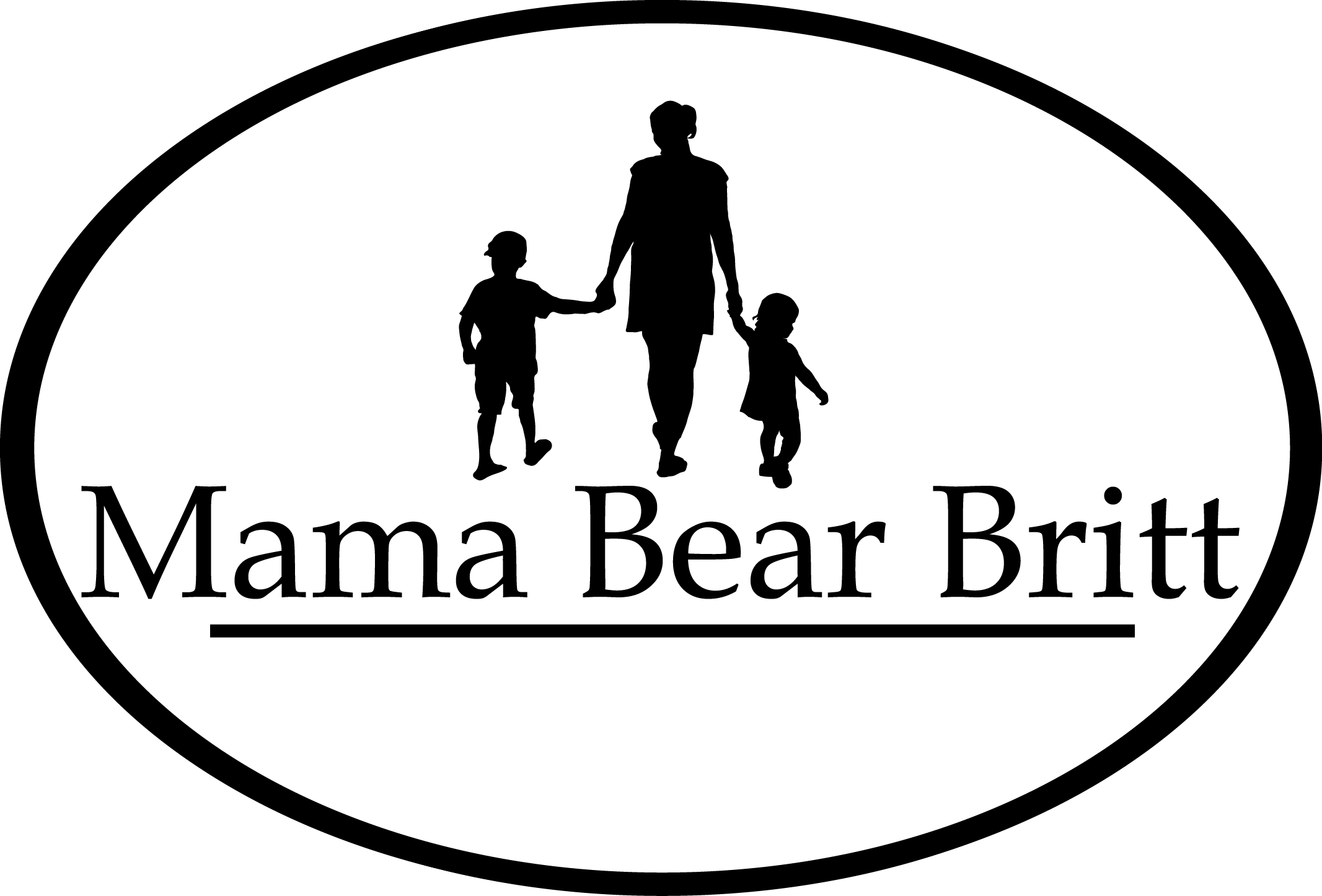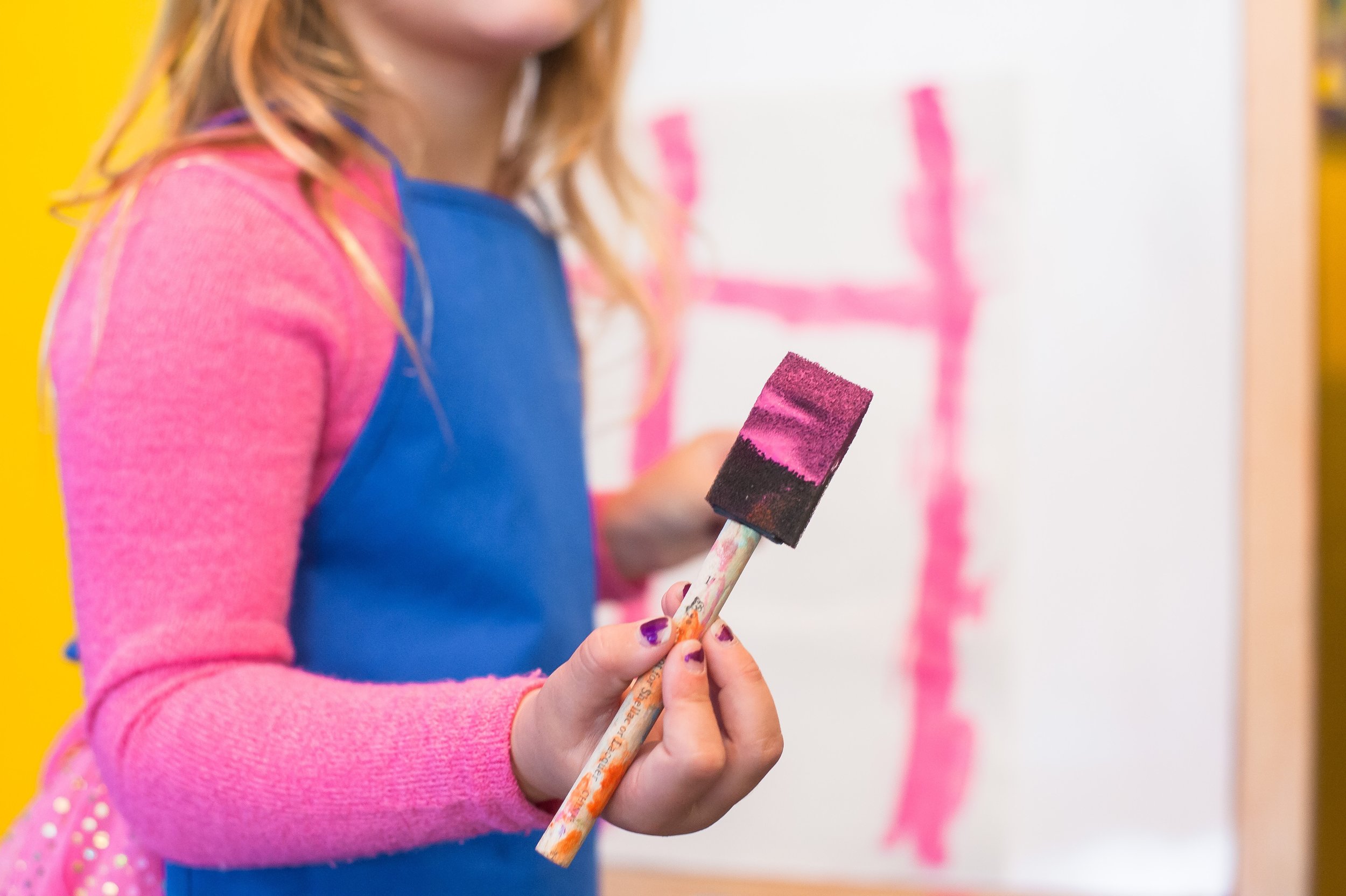What Makes a Quality Preschool?
How do you go about finding a quality preschool?
It is time for you to begin the search of preschools for your child; do you have any idea where to start? Do you know what sets schools apart from others? Do you know what a quality preschool is? You will find out what makes a school better than the rest and what to look for.
Quality preschool:
How to find a quality preschool
You will need to determine what kind of preschool you are looking for. What type of philosophy resonates with you most? What type of approach do you think will work best for your child? How does your child learn?
Here are some factors to consider:
Classroom climate: the feel of the classroom. Is it quiet? Is it chaotic? Are the children engaged? Does the environment flow? Etc.
Overall Look and Feel of the Space: Is the classroom clean and organized? How many materials/toys do they have out on the shelves? Is it accessible to children? Is it cluttered? Does the space evoke any feelings within you? If so, think about how these feelings would be to a child. For example, if the space feels cluttered and overwhelming to you, imagine how a small child would react to this. Is there appropriate sized furniture for small bodies? Are decorations and mirrors placed at children’s eye level?
Teacher qualifications: What type of schooling and experience do they have? How long have they worked at the school?
Are the children engaged in activities or running rampant: It is important to see children engaged in materials and activities in the classroom, rather than aimlessly walking around.
Are there clear classroom centers? An inviting area set up where children can look at stories, freely create art, explore science and nature, build, etc.
Classroom Materials: Are items mainly made of plastic or wood? Do items, activities and centers change every few weeks? Are there real elements brought into the classroom ie nature (rocks, sea shells, leaves) dramatic play (real clothes, shoes, menus), practical life skills (real food to wash and cut, brooms to sweep, rags to clean, mirror face washing station) Is there ongoing exploration of science and art and dramatic play? Are the materials and activities age appropriate?
What does circle time consist of? Many teachers do standard and routine activities i.e. calendar, counting, holidays, singing, books. Do the activities make sense to the child? Are they age appropriate? Do they have real life connections and meaning to the child?
How does the teacher plan activities and curriculum? Is it individualized? Is it emergent (i.e. based off of the interest in the class, evolve naturally)? Are there provocations used? Are there group projects that stay out and built upon for several days and or weeks? Are planned activities making real life connections? Are worksheets used? Hands-on exploration?
How do teachers and director communicate with parents? Daily communication? Filled out sheets? Monthly newsletters? Parent/ teacher conferences? School blog or social media?
School Director: How responsive is the school director? What is he/she like on the tour? Does he/she explain and answer questions. Does he/she invite you to observe the classroom? The Director greatly sets the tone of the school. If this person is friendly, informative, responsive and empathetic, this can be a good determinate of how he/she handles the teachers, which can therefore effect the overall school tone/climate.
Parent participation: Are parents required to volunteer? If not, are parents allowed to volunteer?
School events and community building: What type of school functions are throughout the year? Is there a physical space for parents to gather and open talk with one another?
Real animals and/or garden for children to take care of: Is there a class pet? Or a school farm? Is there a class garden? How are the children involved in these important, real-life activities?
Outdoor classroom: What materials and activities are set up outside? Is it daily? If not, how often do the children learn outside? How long does the child get to freely play outside?
OBSERVE! Observe! Observe! I cannot tell you how important it is to observe the classroom in “action.” After you have taken the first step of touring the school and you have decided the price, location, hours and philosophy work for you. It is so important to schedule an observation in the classroom. I would schedule two of these; one with and without your child. Most schools have an “open-door” policy and will allow observations. First I would observe the space without your child. Get a feel of the space. Really take note to how the children are functioning in the class. How are the teachers responding to the students? How are the materials being used? How are the children encouraged? If you like what you see and feel, then I would schedule a last observation with your child to see how they interact in the classroom. This observation with your child will also be helpful in getting them ready to start school. You can remind them of the time they spent visiting the school.
Your printable checklist is here
What is most important to you when looking for a school?
Want more parenting tips or preschool/toddler activities? Subscribe for related articles. Follow Mama Bear Britt on Instagram, Facebook, and Pinterest!





